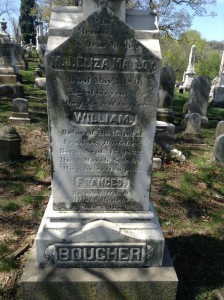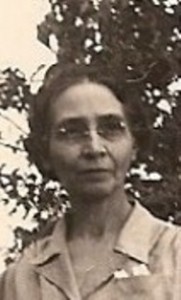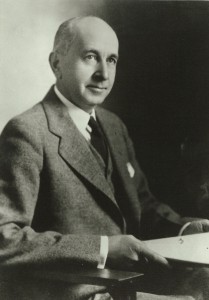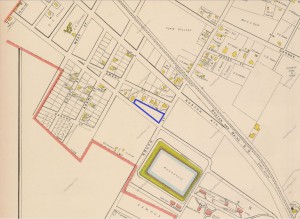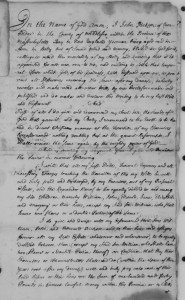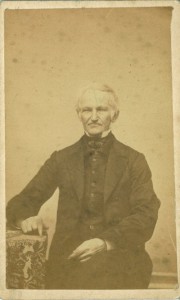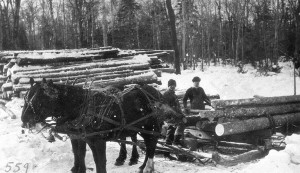
Long before I loved genealogy, I fell head-over-heels for oral history. My great-grandfather, Everett Eames, died in 2005. By that time, I was nineteen, and had been regaled with stories of his years in the logging camps of northern New Hampshire and Maine for over a decade. Everett had a long, colorful life. After working in the lumber camps, he opened Eames Garage in Errol, New Hampshire, before working in the shipyards of Bath, Maine, during World War II. Continue reading An untapped genealogical resource

